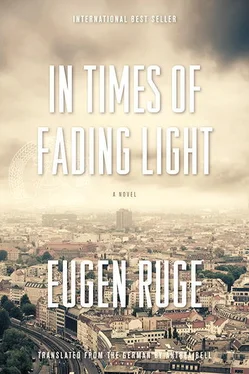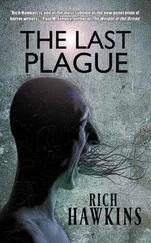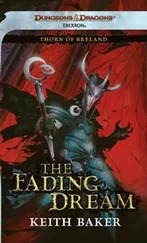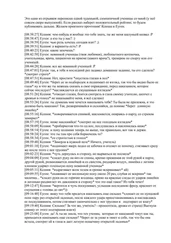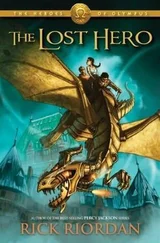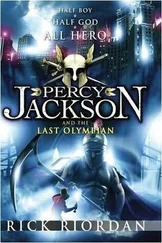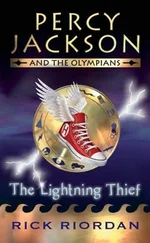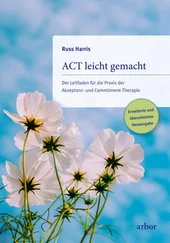Only Melitta was not clapping, or rather, she merely put the palms of her hands together a couple of times for the look of the thing and cast Kurt a glance full of meaning, to which he responded by raising his eyebrows. He was almost hoping, now, that she would ask him about Sasha, but before they could continue their conversation another noise made itself heard, this time coming from the right, and once again it was so improbable that it took Kurt several moments to realize that it was more singing, from Nadyeshda Ivanovna! The song about the little kid that she always used to sing to Sasha when he was small, a monotonous form of speech-song with a tedious number of verses. But the fit of shame that threatened to sweep over Kurt proved unnecessary, because of course they were all delighted by the Russian babushka, competing with one another to give evidence of their attachment to the fraternal socialist nation; after only the second verse the guests began singing along themselves, out of sheer stupidity, and instantly the atmosphere was that of a Free German Youth conference of delegates (although Kurt, to be honest, had never been to a Free German Youth conference of delegates), and since every line in the refrain of the song began with the words vot kak, vot kak —just listen, just listen!—people thought they understood that it was a Russian drinking song and bellowed vodka, vodka! in chorus; they even began clapping rhythmically as they sang vodka, vodka, and finally the lady on Kurt’s right at the table (some sort of Neuendorf Party veteran) tried linking arms with him and rocking back and forth—which made Kurt freeze rigid. He sat there like a rock in the middle of the birthday party. Suddenly everything was rocking. Heads bobbed up and down as if separated from their bodies: Anita’s bottle-blond head, Mählich’s black-haired skull, the purple balloon of Bunke’s face that looked as if it might explode—any moment, right now!
“I think,” said Kurt, when the wolves had finally arrived, when they had finally eaten the little kid, when they had finally gnawed its bones clean, nothing left but hoofs and horns, sadly she mourns, nothing left but hoofs and horns —“I think,” said Kurt, “I ought to tell you that Sasha is in the West.”
“Oh,” said Melitta.
“Yes, well…” said Kurt.
Somehow, he had expected more, but Melitta didn’t add anything, and Kurt himself was suddenly at a loss. For a moment he wondered whether Melitta had failed to understand him. Without taking his eyes off the coffee cup—it was her coffee cup, a Nazi cup, with the imprint of her lipstick clearly visible on the rim—he said:
“I don’t know how things stand with the maintenance, but while Sasha can’t pay it of course I’ll take all that over.”
Then there was a crash in the next room. Kurt watched as people rose to their feet and streamed toward it—only Markus was moving in the other direction, from the next room to here, going against the stream, and asked what had happened.
“We’re going,” said Melitta.
“Why now?” moaned Markus.
“I’ll tell you outside,” said Melitta.
Sulkily, Markus took Wilhelm’s stuffed iguana off the shelf.
“Wilhelm gave me this,” he explained to Kurt.
“Very nice of Wilhelm,” said Kurt, overheartily shaking the hand that Markus offered him.
Then he was going to shake hands with Melitta—but she put her arms around him. In sheer surprise, his head didn’t find the right way to go. His chin collided with Melitta’s forehead. In his hands, which dared not hold her properly, her upper body felt like a piece of wood.
Kurt poured himself another East German brandy, and went into the next room. In passing, he noticed that the buffet table had collapsed. He kept his distance and watched all the activity going on around the ruins of the collapsed buffet.
He could feel the pressure of Melitta’s forehead on his lower lip.
The East German brandy smelled revolting.
He tipped it down his throat and put the goblet on the nearest shelf. Then his feet began to move, took him out of the room, he crossed the front hall, passed the little room by the door and stepped out into the fresh air.
He walked a little too fast, as if someone might summon him back at the last minute. When he felt that he was reasonably well out of earshot a sense of unholy joy went to his head. Kurt told himself to exercise restraint. Kept the joy inside him. Let it out only in dribs and drabs.
Only when he had gone three hundred meters did it occur to him that he had forgotten Nadyeshda Ivanovna. He slowed his pace, he even thought of turning back—but why should he? She’d find her way home without him… Kurt walked faster again and went on. Went along Fuchsbau. Went up to number 7, where Irina was presumably lying on her sofa, drunk…
Went past number 7.
He went to the end of the road, turned into Seeweg. Followed Seeweg, where the houses became less ornate the farther they were from the lake. Heinestrasse took him right out of the villa quarter and into the former weavers’ quarter, the oldest part of Neuendorf. Here the houses were so low-built you could reach the roof gutters with your hand. Kurt followed the zigzag of the short streets, paved with cobblestones, which in this area, where the smells of cooking and alcohol wafted out of open windows, were named for literary figures: Klopstockstrasse, Uhlandstrasse, Lessingstrasse. Goethestrasse was longer; it led past the graveyard to Karl-Liebknecht-Strasse, which in turn was longer than Goethestrasse. Kurt could have boarded a tramcar at Neuendorf town hall—he heard it taking the right-hand bend with a barbaric squeal of tires, but he walked on. He reached Friedrich-Engels-Strasse, a good deal longer again, linking Neuendorf to the city, and just as the tramcar overtook him, rattling and rumbling, he was going down the narrow bottleneck where traffic accidents were always happening, and at the end of which, above the wall of the Reich Railroads Repair Shed, armed as it was with barbed wire, a pale red banner bearing the words Socialism Will Win the Day! had been quietly rotting away for years, or was it decades?
Fallen leaves rustled under his feet as he walked down the long stretch of road past the Reich Railroads Repair Shed. He crossed the Lange Brücke, as it was called, passed the carriageway and the railroad tracks, turned off by the Interhotel, and by way of Wilhelm-Külz-Strasse reached Leninallee, Potsdam’s longest if by no means most beautiful street. He followed it for two or three kilometers out of town, while the street seemed to get darker and darker, and turned right where there was hardly a streetlight on.
Gartenstrasse. Second house on the left. Kurt rang the bell twice, and waited until a window opened on the third floor.
“It’s me,” he said.
Then a light came on in the hall downstairs, and he heard steps on the stairway. The key crunched in the old-fashioned lock.
“Well, what a surprise,” said Vera.
An hour later Kurt was lying in Vera’s bed on his back, still in the same position in which Vera had pleasured him “orally,” as he put it, noticing the unmistakable smell of fried bacon that clung to the apartment. He felt relief but also slight disappointment, without being sure whether that was ordinary postcoital disillusion or whether he should admit that it hadn’t been quite as he had expected: Vera’s bedroom (which he had last seen three years ago) seemed to him even untidier and mustier than he remembered it. Her bedside light was bright, and had shown him an unflattering view of the little blue veins on her things —he still had no other word for them. But he had been particularly troubled by the lines of stress that formed on her forehead as she attended to him. Suddenly he had thought, and did not like the thought, that he was doing this with an old woman, and he had been able to overcome that only by taking her head in his hands and forcing—a little brutally—his rhythm and his depth on her.
Читать дальше
